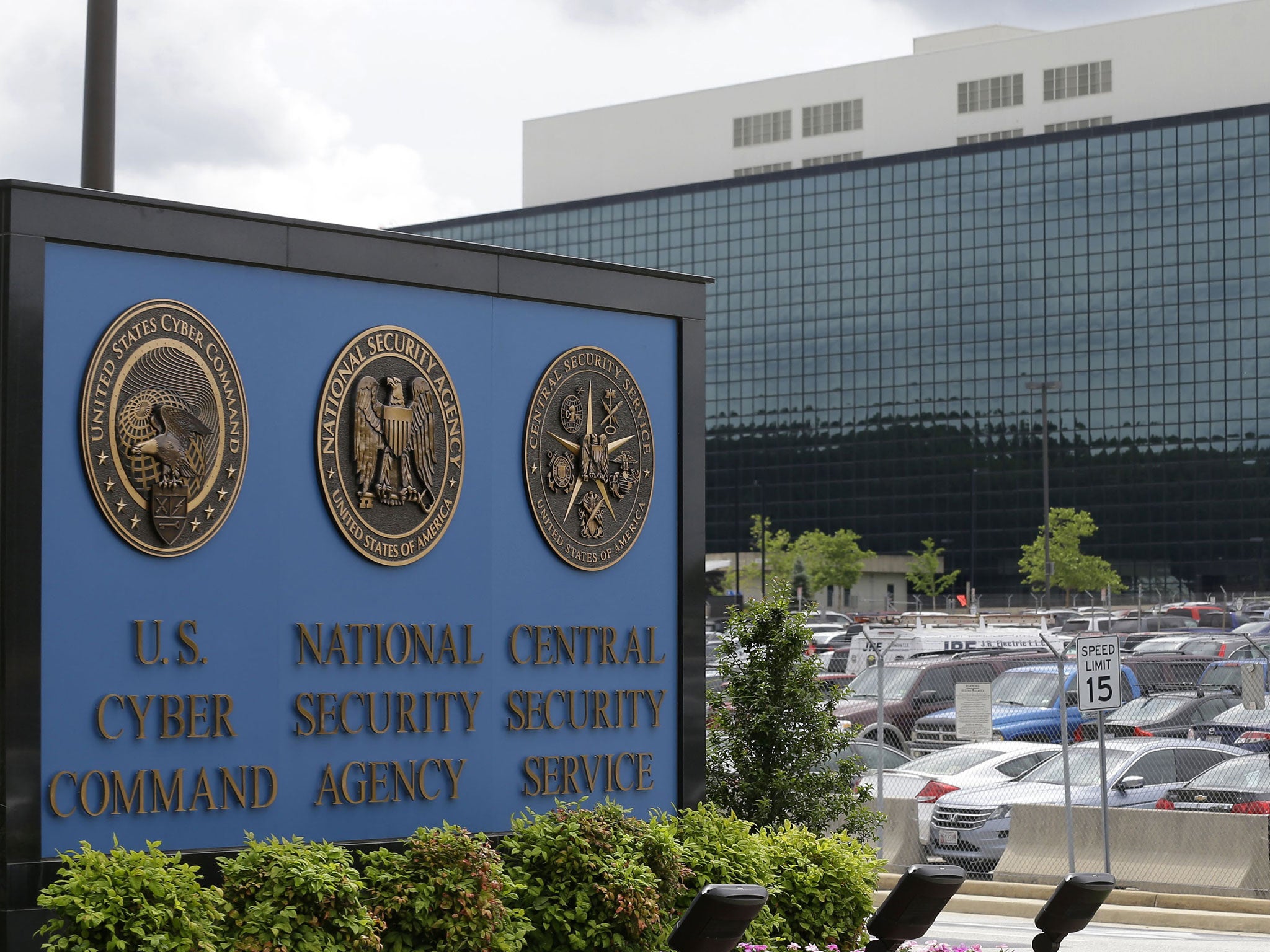NSA's controversial $100 million phone surveillance programme led to zero arrests
It only twice produced information that the FBI did not already know, as well as 13 leads they already had

Your support helps us to tell the story
From reproductive rights to climate change to Big Tech, The Independent is on the ground when the story is developing. Whether it's investigating the financials of Elon Musk's pro-Trump PAC or producing our latest documentary, 'The A Word', which shines a light on the American women fighting for reproductive rights, we know how important it is to parse out the facts from the messaging.
At such a critical moment in US history, we need reporters on the ground. Your donation allows us to keep sending journalists to speak to both sides of the story.
The Independent is trusted by Americans across the entire political spectrum. And unlike many other quality news outlets, we choose not to lock Americans out of our reporting and analysis with paywalls. We believe quality journalism should be available to everyone, paid for by those who can afford it.
Your support makes all the difference.A National Security Agency (NSA) programme that analysed logs of phone calls and text messages made by Americans cost $100m and yielded one investigation and zero arrests from 2015 to 2019.
In that same period it also only twice produced new information that the FBI did not already know, and 13 leads they already had, according to a new study by the Privacy and Civil Liberties Oversight Board (PCLOB), which briefed Congress this week.
The low success rate and high cost support the NSA’s decision to shut off the programme in 2019. Politicians must now decide whether to allow the expiration of the legislation that makes the programme possible. The USA Freedom Act of 2015 expires on March 15.
The Trump administration would like lawmakers to extend the life of the legislation, giving the NSA the option to turn the system back on again in the future.
The programme had other problems too. The 2015 Act shifted responsibility for data collection from the government to telecommunications companies. In some cases they would send the agency more data than they were legally allowed to collect.
Should it need to, the government could still have access to phone logs through other means, such as through traditional subpoenas or alternatively through NSA collection abroad, where there are fewer legal limits.
The PCLOB does not reveal specifics about the one investigation related to the programme, but The New York Times notes that the two leads led to the vetting of one individual, and the second related to a telephone number and led to the opening of a foreign intelligence investigation.
The programme also provided information relating to two acts of terrorism — the Pulse nightclub shooting in Orlando in June 2016, and the machete attack on the campus of Ohio State in November 2016.
Join our commenting forum
Join thought-provoking conversations, follow other Independent readers and see their replies
Comments